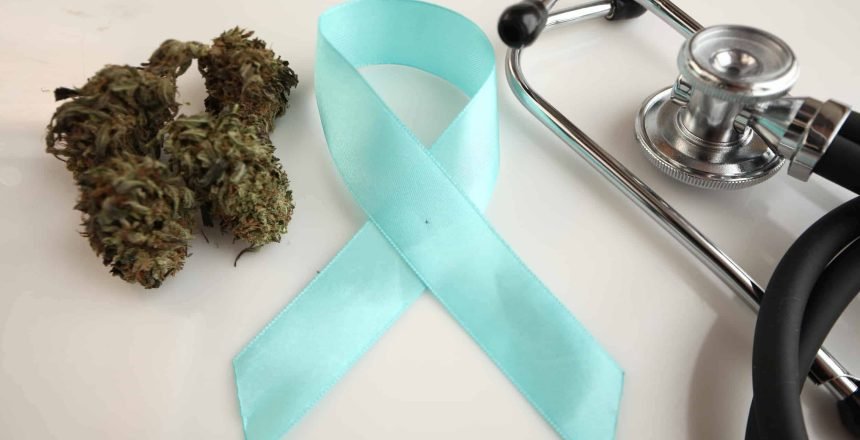Pancreatic Cancer is one of the deadliest cancers, and over 50,000 Americans are diagnosed with it each year. And that news hardly comes with hope. According to the Pancreatic Cancer Action Network, the current 5-year survival rate of those diagnosed with the disease is only 9%. For those diagnosed at Stage IV or Metastatic, the 5-year survival rate is only 3% (1). Due to the difficulty in catching the disease early on, plus the lack of treatment options, makes it much harder to put up a good fight
But a recent study published in the Frontier of Oncology Journal might have the hope pancreatic patients need. The study, conducted at the Dana-Farber Cancer Institute at Harvard Medical School, shows promising treatment options with the use of flavonoids found in cannabis plants. With so much news about the pain-relieving properties of CBD, a cannabinoid with a lot of medicinal potentials, flavonoids are often overlooked. Flavonoids are non-cannabinoid, non-psychoactive chemicals found in a variety of plants, fruits, and vegetables. They are responsible for the bright colors in plant-based foods, among other things. They were discovered in the 1980s and are known for their anti-inflammatory properties (2). And they are a big part of what gives the complex marijuana plant its healing properties.
At the Dana-Farber Cancer Institute, researchers used the flavonoid FBL-03G in the study, and what they found was better than they expected. Not only did the flavonoids inhibited the growth of tumors that were targeted by the treatment, but they also inhibited non-local metastatic tumors as well (3). The reason why this is so important is that typically, pancreatic cancer tumors are resistant to treatment due to their immunosuppressant properties. The use of flavonoids in this study showed significant immunotherapy properties, which is a game-changer not just for pancreatic cancer, but many other types of cancer as well.
Before a viable treatment can enter the world of clinical trials, scientists must complete more research on the efficacy of flavonoids. But the results shown at Harvard suggest that in the year 2020, this treatment can be considered for human trials. If so, many pancreatic cancer patients could be looking at longer life expectancy, which translates to a lot of hope.
Sources:
1) https://www.pancan.org/facing-pancreatic-cancer/about-pancreatic-cancer/survival-rate/
3)https://www.ncbi.nlm.nih.gov/pmc/articles/PMC6663976/


